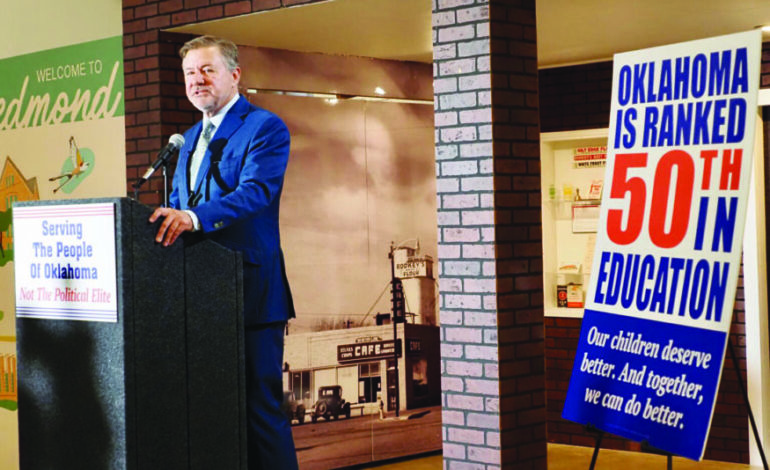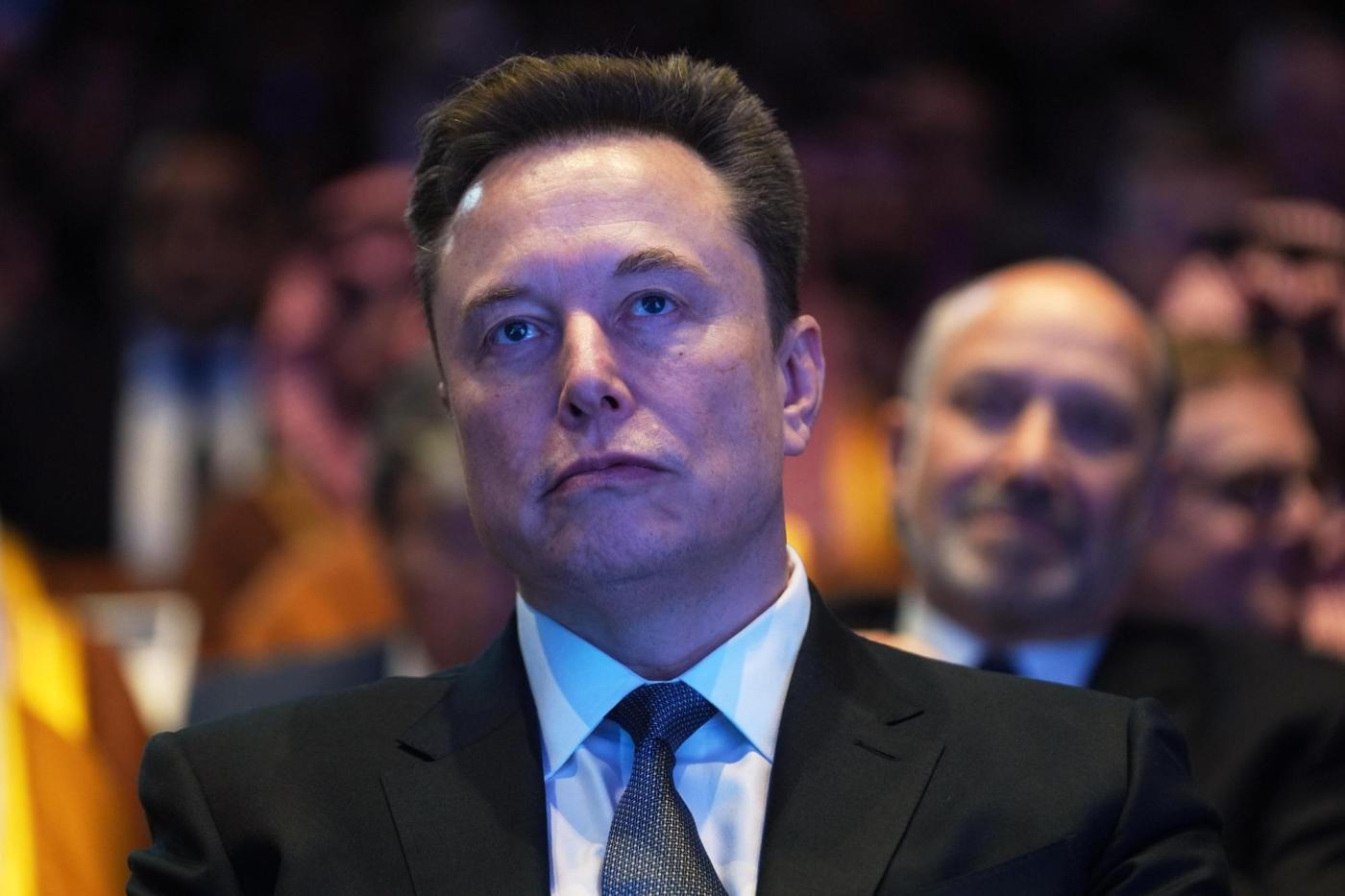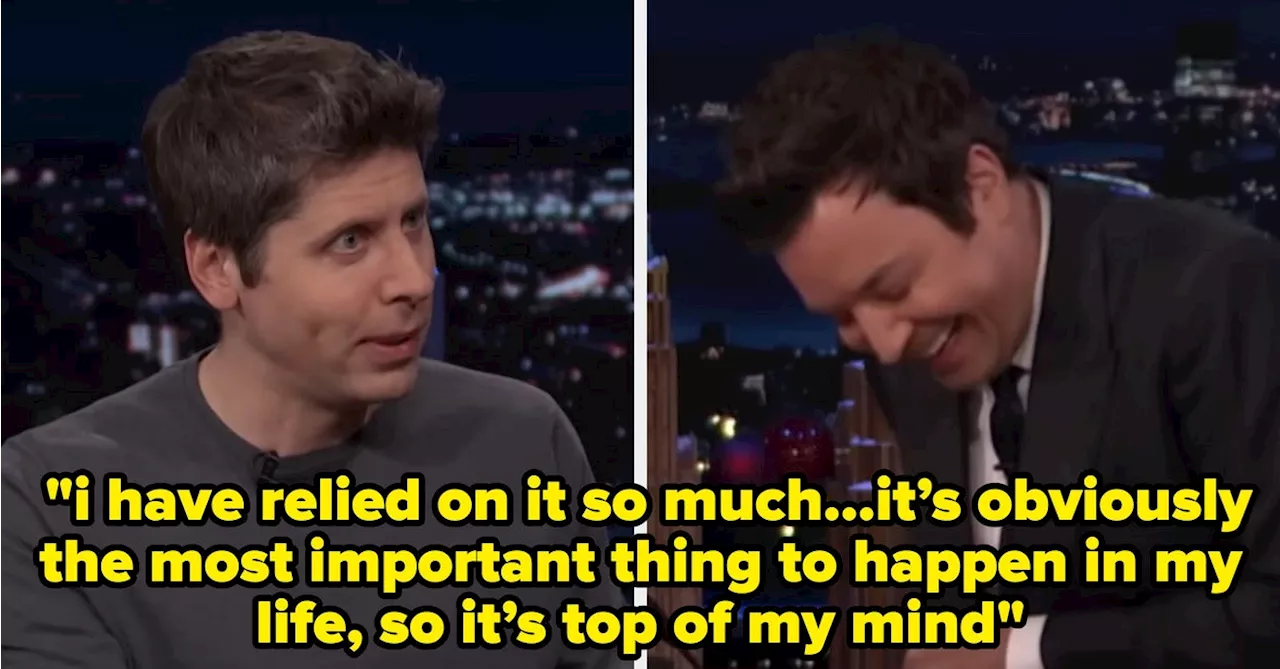Oklahoma Governor Candidates Clash Over Urgent Education Issues

UPDATE: In a heated race for Oklahoma’s governorship, candidates are urgently addressing the state’s educational crisis, with stark contrasts emerging between their proposals and rhetoric. Just announced speeches and campaign platforms are shaping a pivotal moment in the election as candidates vie for the crucial education vote.
Oklahoma Attorney General and gubernatorial hopeful Gentner Drummond has called for a dramatic shift in how state leaders treat teachers, urging them to “stop tearing down our teachers” during a speech at the Edmond History Museum on April 15, 2025. Drummond’s plea comes as his GOP rivals, Charles McCall and Mike Mazzei, adopt a hardline stance against what they label “radical left” influences in the classroom.
The urgency of this election is underscored by Oklahoma’s alarming educational statistics: only 23% of fourth graders and 20% of eighth graders demonstrated proficiency in reading last year, according to the National Assessment of Educational Progress. Drummond emphasized the need for a new approach to education, advocating for “competitive pay” alongside mentorship programs to tackle the teacher shortage, reflecting a growing concern for the state’s academic outcomes.
Drummond has pointed fingers at state Superintendent Ryan Walters, whose aggressive anti-left rhetoric has been a focal point of his campaign. Drummond remarked, “If Walters wants to run for governor, that’s one way of term-limiting him,” indicating a strong desire for new leadership in the state’s education department.
Meanwhile, Mike Mazzei has proposed a bold initiative to inject $200 million into reading education, targeting struggling students with tutoring programs. He insists on direct accountability from school principals and superintendents, stating, “They need to be held responsible for the lack of significant improvement.” Mazzei’s campaign also aims to reshape the qualifications for superintendents to eliminate those who he claims promote “woke” ideologies.
On the other hand, Charles McCall has not released a formal education policy but has voiced strong opposition to perceived leftist agendas in schools. He highlighted legislative successes during his tenure, claiming, “We beat the radical left every step of the way.” His commitment includes advocating for policies that align with conservative values, such as bathroom regulations based on biological sex and limiting transgender participation in sports.
In contrast, Cyndi Munson, the only Democrat in the race, is pushing for increased education funding to surpass the regional average and higher salaries for educators. Munson criticized the current administration for its failure to improve Oklahoma’s educational standing, stating, “Education in Oklahoma is still last in the nation.” She points to recent teacher pay raises that have only brought the state to fourth in the region for average teacher compensation.
The stakes are high as candidates prepare for upcoming debates and continue to refine their platforms. With the election looming, education remains a central issue that impacts the lives of Oklahomans, particularly the state’s youth. As schools face challenges, the candidates’ proposals will be scrutinized by voters eager for change.
As this story develops, all eyes will be on the candidates’ next moves and their promises to reshape Oklahoma’s educational landscape. Will Drummond’s pleas for respect and support for teachers resonate, or will the anti-left messages of McCall and Mazzei dominate the conversation? The answer could redefine the future of education in Oklahoma.






